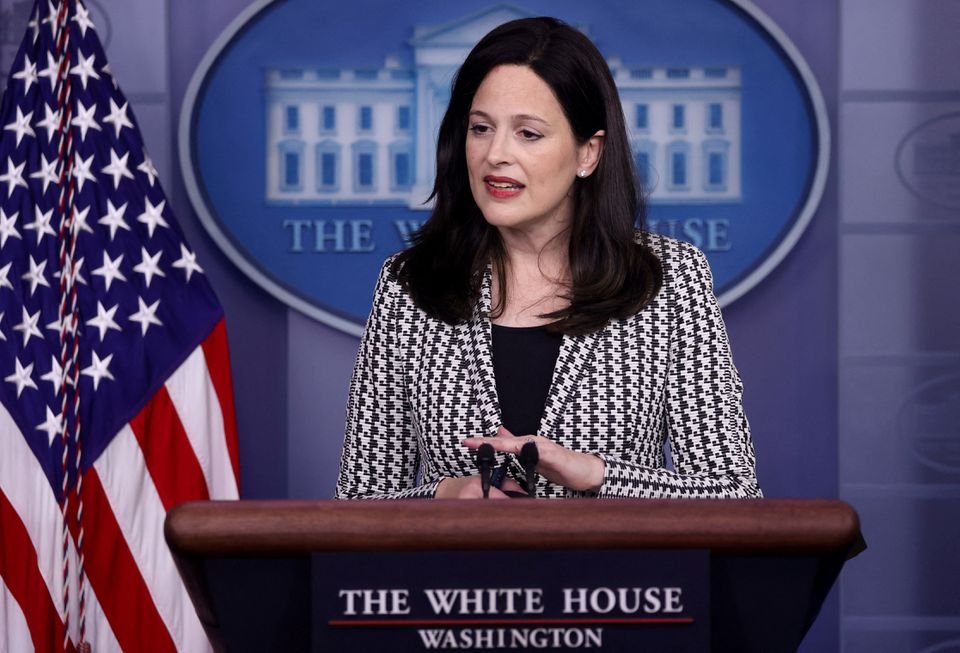An alliance of 40 countries vows not to pay ransom to cybercriminals, the US says. According to a senior White House official on Tuesday, forty nations in a coalition under the leadership of the United States have vowed never to pay ransom to cybercriminals and to work toward removing the hackers’ source of income.
With ransomware assaults increasing globally, the International Counter-Ransomware Initiative was launched. Anne Neuberger, the U.S. deputy national security advisor in the Biden administration for cyber and new technologies, told reporters at a virtual briefing that the United States is the worst affected, accounting for 46% of such assaults.
“As long as money flows to ransomware criminals, this is a problem that will continue to grow,” she stated. Hackers encrypt an organization’s systems and demand ransom payments to unlock them in ransomware attacks. They frequently also take private information, utilize it to threaten victims with extortion, and then publish it online if money is not paid.
While hundreds of businesses are targeted annually, two well-known U.S. attacks—at casino operator MGM Resorts International (MGM.N) and cleaning product manufacturer Clorox (CLX.N)—occurred in the previous two months. The interruptions have not yet been wholly resolved for either company.
Through improved information sharing on ransom payment accounts, the alliance’s new activities seek to end the funding of criminal activity, according to Neuberger. Israel and the United Arab Emirates will co-develop a platform for information sharing, while Lithuania will establish its own.
Reuters revealed the specifics of this project on Monday. According to Neuberger, partner nations will exchange a “blocklist” with the U.S. Department of Treasury containing details on digital wallets to transfer ransomware payments.
She continued by saying that artificial intelligence would be used to examine blockchain data to find money that has been laundered.
According to blockchain analytics company Chainalysis, the amount of cryptocurrency payments made to ransomware attackers is expected to reach its second-highest yearly total ever in July.











































Comment Template